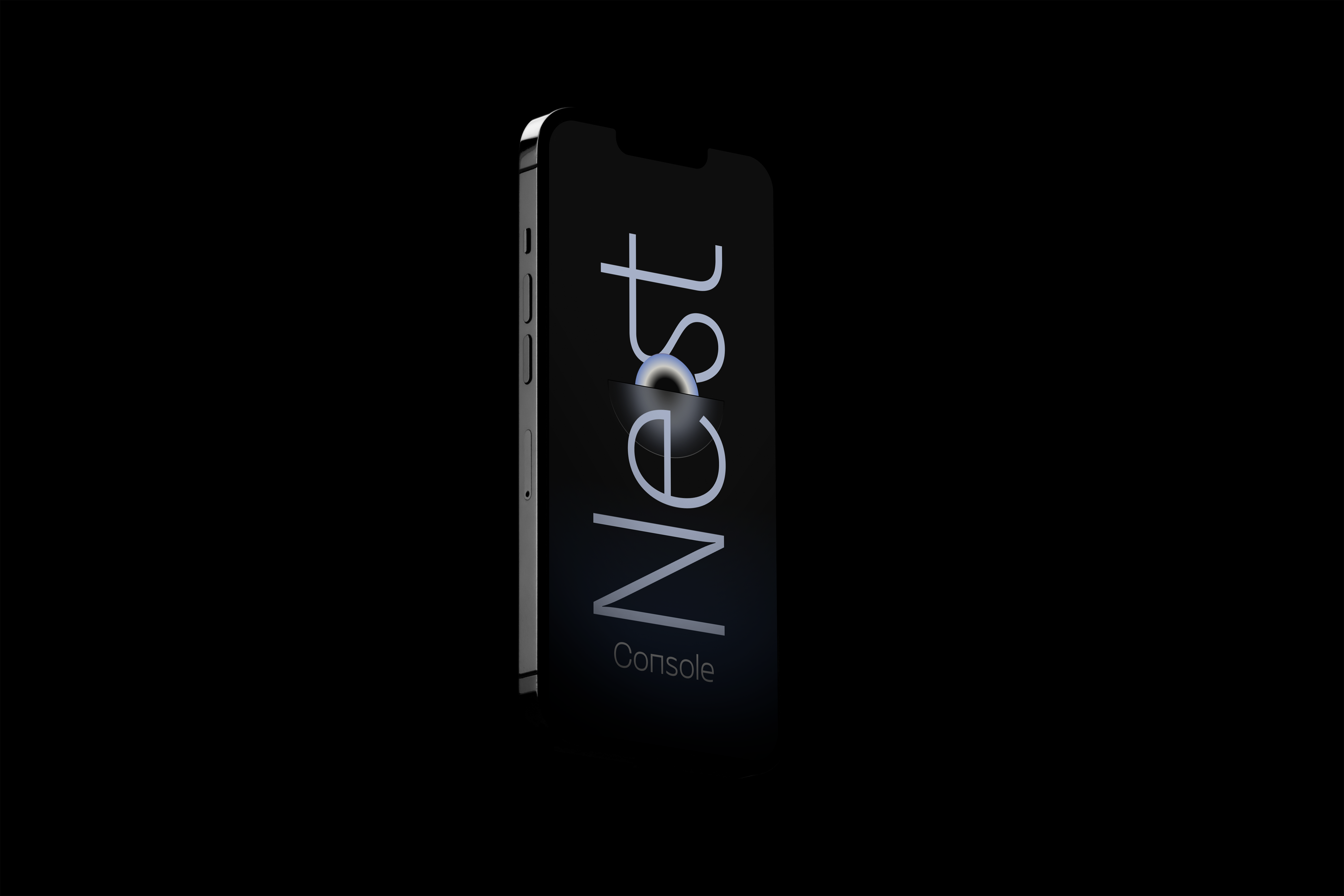



🤔

In 2021 during my Master thesis research extensively explored established research around the effects of sound on altering human states of consciousness.
In a nutshell there I came across ample research that suggested the positive effects of sound on the human brain.I continued to explore this topic post my graduation and deep dove into how - Sound and music was used as a healing modality in many ancient traditions.
This lead me to further asking the question -
Is it possible to user modern technology to enhance this experience for the modern day humans?

Initially, this concept started as a dashboard for advanced practitioners, offering deep insights into meditation sessions. However, this approach felt too technical—meditation isn’t just about numbers; it’s about experience.
Listen, relax, and let the app adapt to them.

The product is designed for individuals who are inclined towards wellness and to embark or deepen their meditation practice.
The experienced is inclined more towards advance practitioners who want to utilize biometric feedback features to monitor and improve their experience.
The feature initiates to enable users to make data driven decisions for optimizing their wellness practice.
The Experienced Meditator – Wants deeper insights into their practice.
The Seeker – New to meditation and looking for guidance.
The Bio-hacker – Wants measurable data to optimize brain performance.
Based on the market analysis the two applications that are the most popular in the market at this point - Headspace for meditation & Endel - utilizing AI generated soundscapes.
Both lack biometric feedback / analysis systems that can help inform the users about their practice and considerably enable them to track their progress and changing needs.
EEGs have been in use for studying the human brain patterns for quite some time now. However, this technology so far remains untapped and can significantly help demystify the mediation practice.
How users could benefit from real-time brainwave tracking during meditation?
Similar to other biometric tracking modals for e.g the fit-bit that tracks your daily steps, can help inform the user to consider practice and measures that are best suited for their biological needs.

Meditation Journey
Explore – A library of guided sonic meditations tailored to different wellness goals (relaxation, focus, emotional balance etc.).
Launch Session – The heart of the experience. Users connect their EEG headset, answer a few questions, and the app creates a custom sound journey based on certain parameters ( e.g. brainwave, emotional states etc.)
Analysis & Insights – After the session, users receive biometric feedback showing how their brain responded, offering insights and tips /(e.g. for deepening their practice, improving mental / emotional health etc.)



The currant challenge-
Technology & Integration EEG devices vary in accuracy—
how do we ensure reliable biometric feedback?
Data Visualization &information Design Clear and global representation of change in neural patterns when under the influence of sound
How can the experience of this application have minimum cognitive load on users so that what they see on the screen doesn't contribute much to the results.

My aim with designing this experience is to take a small step toward making meditation more insightful and personal.
By combining sound healing with new age technology, I hope it offer users a clearer connection to their inner state while supporting emotional balance, curiosity, and self-awareness in a simple way.


